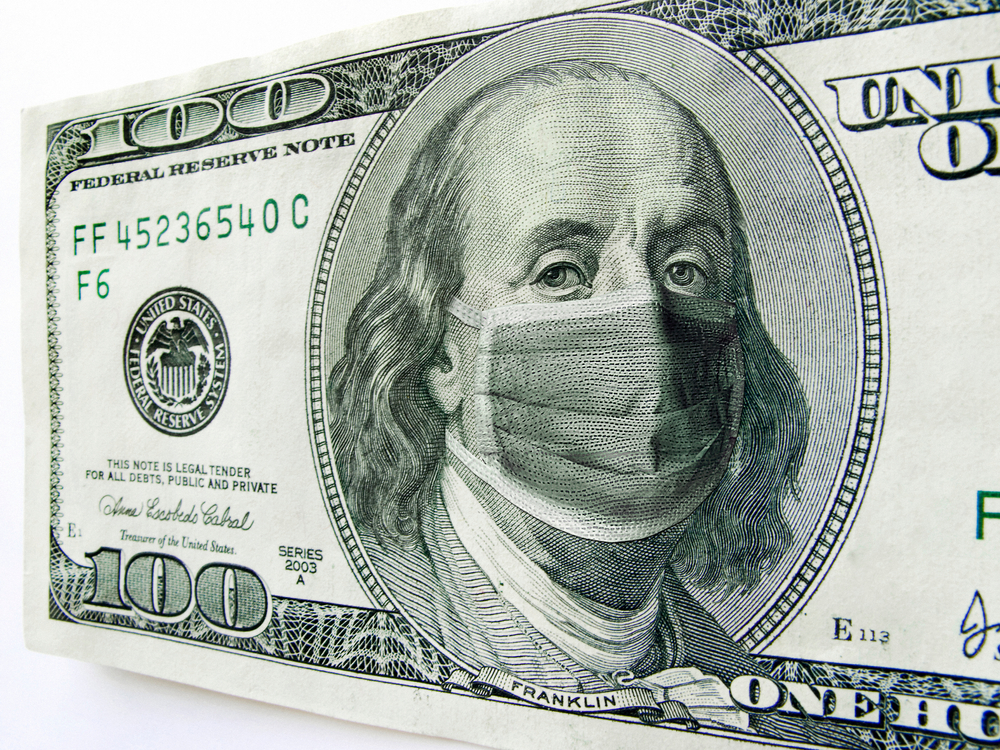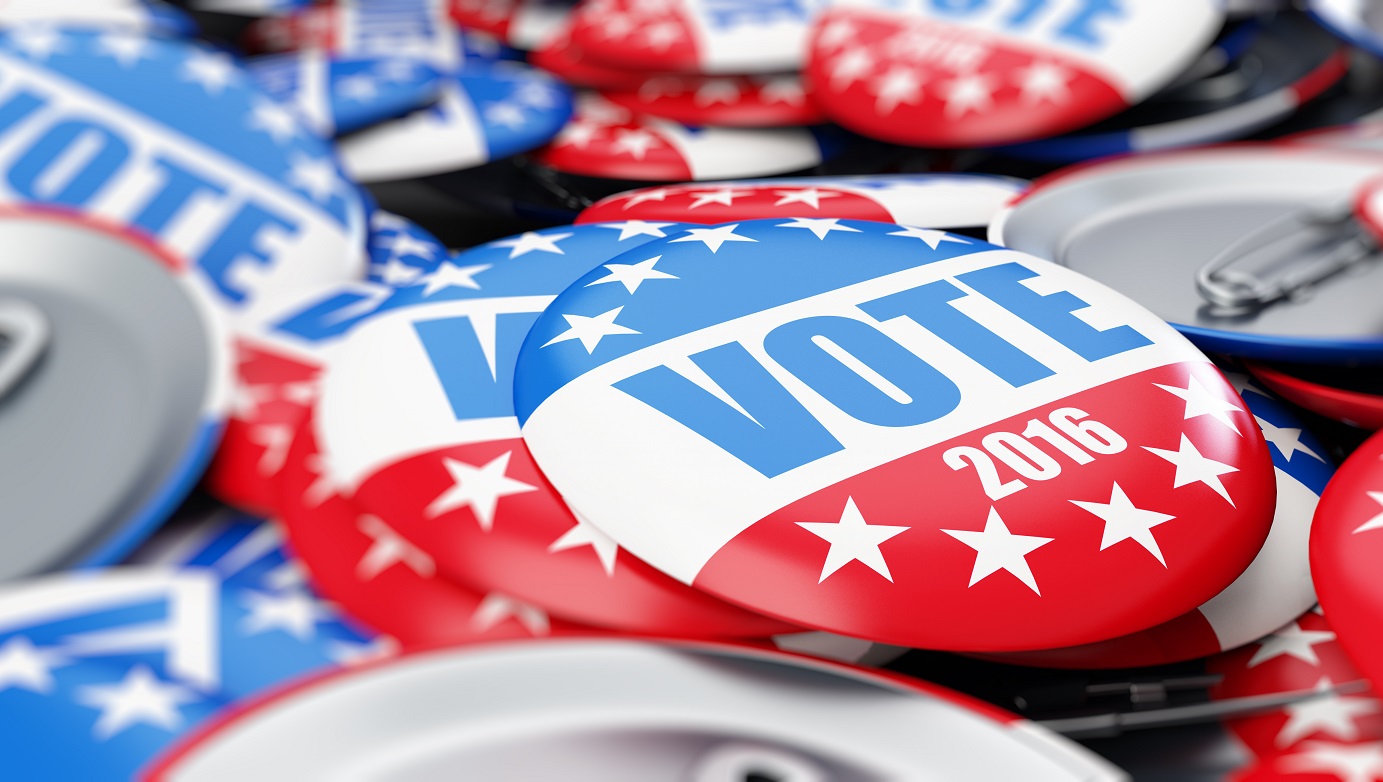The Corona Economy: Will America Survive It?

New York City is losing billions in tax revenues, and Mayor Bill de Blasio is going to have to lay off thousands of city workers. He is upset about this. He’s calling on the Trump administration to bail out the city. “We can’t do anything about this,” he pleaded. (I’m paraphrasing.) “Only the federal government has the power to help us.”
Many in my family feel that we should keep the economy shut down “for as long as it takes.” They also say that the federal government should keep cranking out financial aid “for as long as it takes.”
“Human life is more important than money,” they say.
The trouble with mixing ethics and economics is not that they are incompatible. Quite the contrary, they are inextricably linked. The problem is that if you talk about them simultaneously, you never get anywhere.
Both subjects are important. Neither is dispositive or scientific. But economics has the advantage of a vocabulary of facts and a language of numbers. Thus, if you want to have the conversation about both, it’s better to start with the facts and numbers.
[mw-adbox]
So let’s do that.
- After crushing demand, the federal government’s $350 billion small-business relief fund ran out in less than two weeks. This week, the Small Business Administration began accepting new loan applications for an additional $310 billion in forgivable loans, with new rules in order to expand the initiative’s reach. (Though the agency’s electronic filing system crashed within minutes of the program reopening.)
- The total “relief package” already enacted will cost about $2 trillion. There is good reason to believe that we will have a second and perhaps a third one at that same level.
- We learned that 3.8 million more Americans lost their jobs last week – which means that the virus put around 30 million out of work within six weeks.
- There are about 127 million households in America earning, on average, about $150,000. (That’s the mean, which counts the rich people. The median income is $60,000.) Ten million unemployed, multiplied by, say, $100,000, is $1 trillion. At an average tax rate of 20%, that’s $200 billion in lost federal tax revenues.
- Tens of thousands of small businesses, representing hundreds of billions of dollars in tax revenues, have been shut down. Many of them will not reopen.
- For some years now, the federal government has been running at a deficit of about $1 trillion a year.
- Total U.S. debt is nearing $24 trillion and rising fast.
Would You Invest in This Company?
Think of the federal government as a business. I know that it’s not a business, nor is it intended to be. But hear me out.
You are an investor, trying to decide whether you want to buy this company.
The first thing you do is look at a spreadsheet of the financials – a P&L (profit and loss) statement and a balance sheet (assets minus liabilities).
You look first to the bottom line of the P&L, which tells you how profitable this company is. Hmm. Can that possibly be true? Is this company really losing $1 trillion a year?
Maybe it is investing for future growth, you tell yourself. Maybe, like Amazon in its early days, the Feds are spending money they don’t have in order to acquire income in the future. But when you look at the company’s projected income, it’s going the wrong way. Projected tax revenues are going down. Way down!
And what about its balance sheet? What about the company’s net worth? You glance at the liabilities and what do you see? You see $24 trillion in debt!
Surely, the company’s assets must offset this figure. You check that side of the ledger, and you see about $500 billion worth of gold (by today’s prices). Okay. You also see that the company has a great deal of valuable property (national forests and monuments and buildings and so on). But that property is encumbered. It can’t be sold.
From this perspective, the U.S. looks like a terrible business opportunity, right? It’s big-time broke and losing billions of dollars every day.
And thanks to the Corona Crisis, that debt and those losses are going to pile up faster than ever. The current bailout package is estimated to cost $2 trillion, bringing the projected loss for 2020 to $3 trillion. But to make matters worse, tax revenues are crashing. As I said above, it’s likely that they will drop this year.
Meanwhile, Mayor de Blasio is facing a fiscal crisis. Tax revenues are down more than $8 billion. And even with firing thousands of city employees, New York will still be short more than $6 billion by the end of this year… just to pay its upcoming bills.
That’s why he is complaining about Trump. He knows he doesn’t have a printing press to create money out of thin air. But the federal government does.
The federal government has the Treasury and the Federal Reserve. Since the dollar is no longer tied to gold or silver, its value is dependent on the trust of our big lenders (such as China and Saudi Arabia). If we keep printing fake money like we’ve been doing for so long, it’s possible that our lenders will stop buying our dollars. And if that happens, things will get a lot worse fast.
This is why some people are worried about the economy now. The federal government is in crazy debt and is losing money faster than it ever has before. Millions of people are out of work and tens of thousands of small businesses are dead in the water. That means a lot of pain and suffering. And the possibility of a deep depression like we haven’t seen in 100 years.
You may be thinking, as my brother-in-law said last night, that these facts and numbers must be false. After all, everyone knows that the U.S. is “the richest country in the world.” It can afford a shutdown of three to six months. You may be thinking, as some have said, that the economy will bounce back to full strength as soon as we get past this pandemic.
Maybe. But I doubt it. If I’m going to bet, and I probably will have to, I’m going to bet that things will get worse before they get better.






